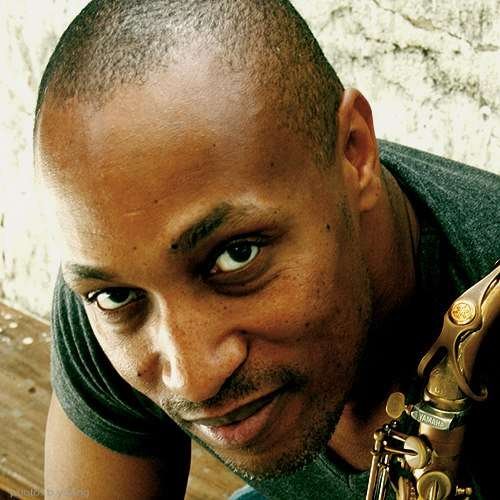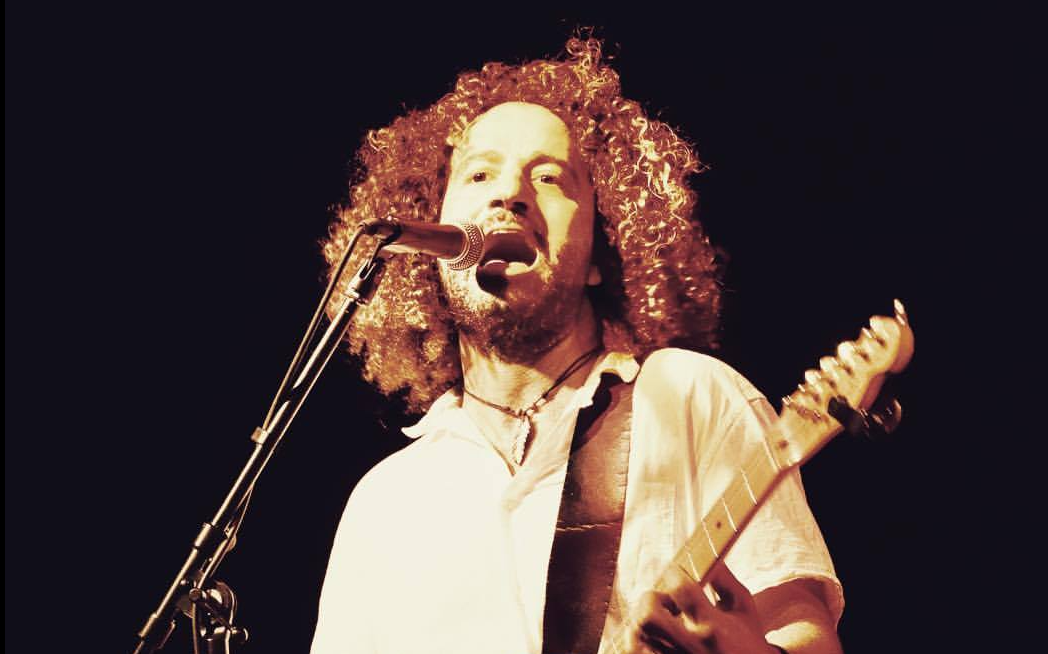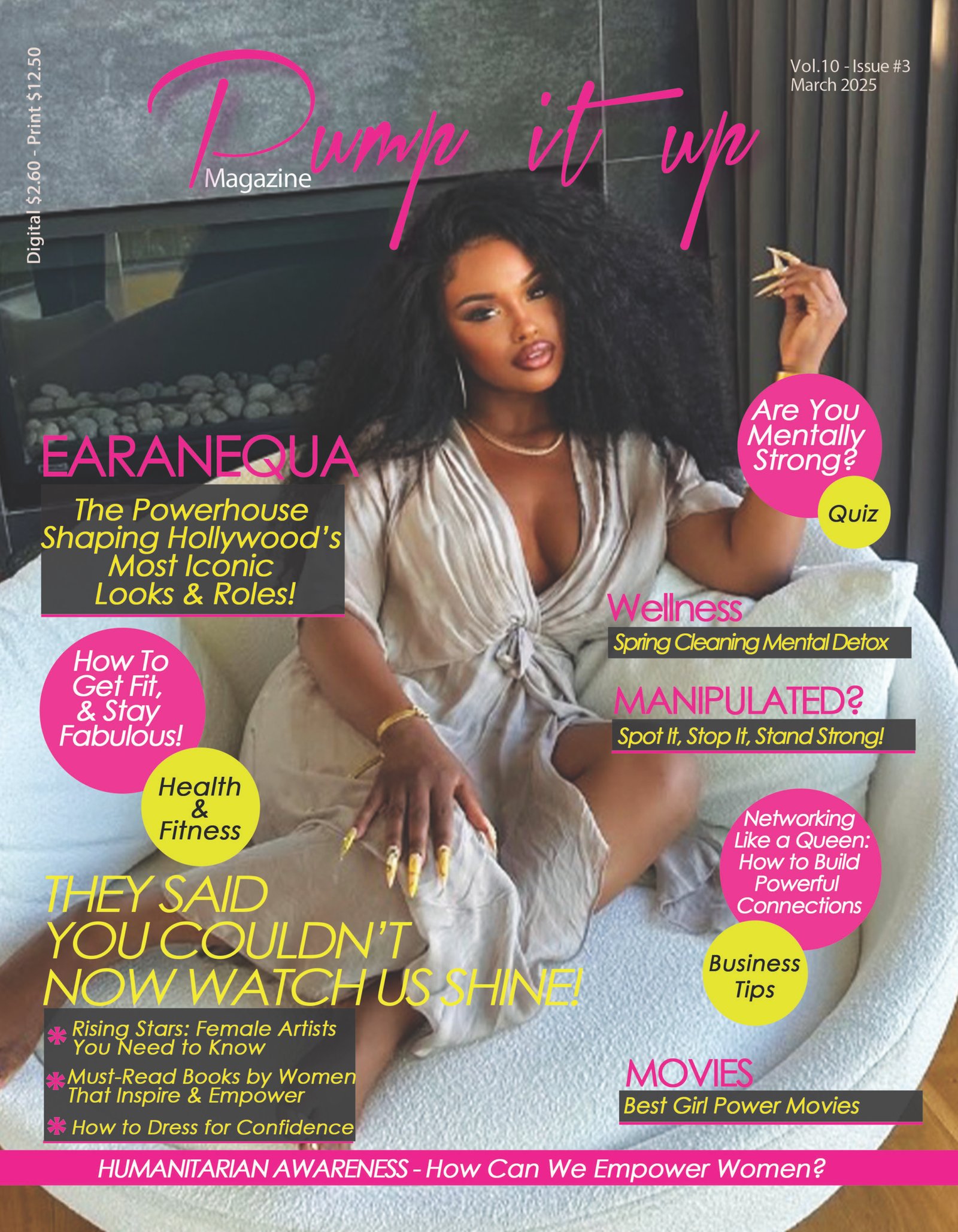Powered by one of the most unique, original saxophone voices of today, the sound of Bobby Ricketts embodies the essence of awakening, inspiration and empowerment. Influenced by the diverse cultures experienced while touring and performing worldwide, Bobby’s music is universal and timeless, touching the hearts of music fans in the hundreds of thousands.
I’ve done the research, crunched the numbers, drawn the obvious conclusions… Guess what? Streaming is not going to save the music industry – if it even needs saving. More on this later.
Ask yourself, how can a company operate at a loss for years on end, yet continue to pull in millions of investor dollars? Music streaming services do not own the intellectual property rights to the music they deliver, so how does a company achieve a billion-dollar valuation, seemingly without any assets other than the software platform on which it is based? A software platform is valuable only if people (i.e. consumers) make use of it.
And therein lies the key. Users = Data. Millions of users = Big Data. Your data, my data. Name, email address, geographical location, credit card number, consumption habits.
Streaming services will never be a source of significant payouts for music rightsholders, simply because they have an iron-clad argument not to be. Their year-to-year operations are not substantially profitable, if at all. Yet as the numbers of service users grow into the hundreds of thousands, and thereafter millions, streaming service providers become valuable. Particularly valuable to their owners and major shareholders – some of whom may be major record labels. Surprise.
Major labels reportedly own 18% of Spotify shares, and last I heard, Spotify has a 4 billion dollar valuation. In others words, the major label stake is worth 720 million, um, dollars. So while Bette Midler’s $114 payout after 4 million+ streams wouldn’t even buy her a decent night out on the town, a major record label with an artist of her stature on the roster is doing just fine, I suspect.
Granted, the above is a less-than-scientific analysis. Do the research and crunch the numbers, however, and I’m sure you’ll reach the same general conclusion. If you’re a music artist, especially an indie artist, it’s not about you. You’ll need to find another, or preferably several other revenue streams. If you’re a music consumer looking to support artists, I encourage you to rethink your spending habits. By all means, continue to stream and download legally. I’m very thankful for the $200 just received from my digital distributor. I used the money to pay a bill. Sweet.
In regard to the music industry needing saving… Hmm. The record industry does not represent the whole of the music universe, although they like to think so. Music continues to be a viable organism, an important part in all our lives, and yes, it is possible to earn a decent living as an independent artist. I recognize the role social media plays in my career, so thank you for sharing those Spotify plays on Facebook. Eventually it will result in my appearance at a venue near you, where we can interact live.
That’s how you support your favourite artist. By way of advocacy. Action by word of mouth, buying concert tickets, wearing the T-shirt, and yes, some people still buy CD’s. Your advocacy empowers us to make better music to blow your minds, and so the circle continues.
To all you artists out there, if you really want to save (or kickstart) your careers, just make better music, blow minds, and change lives.













